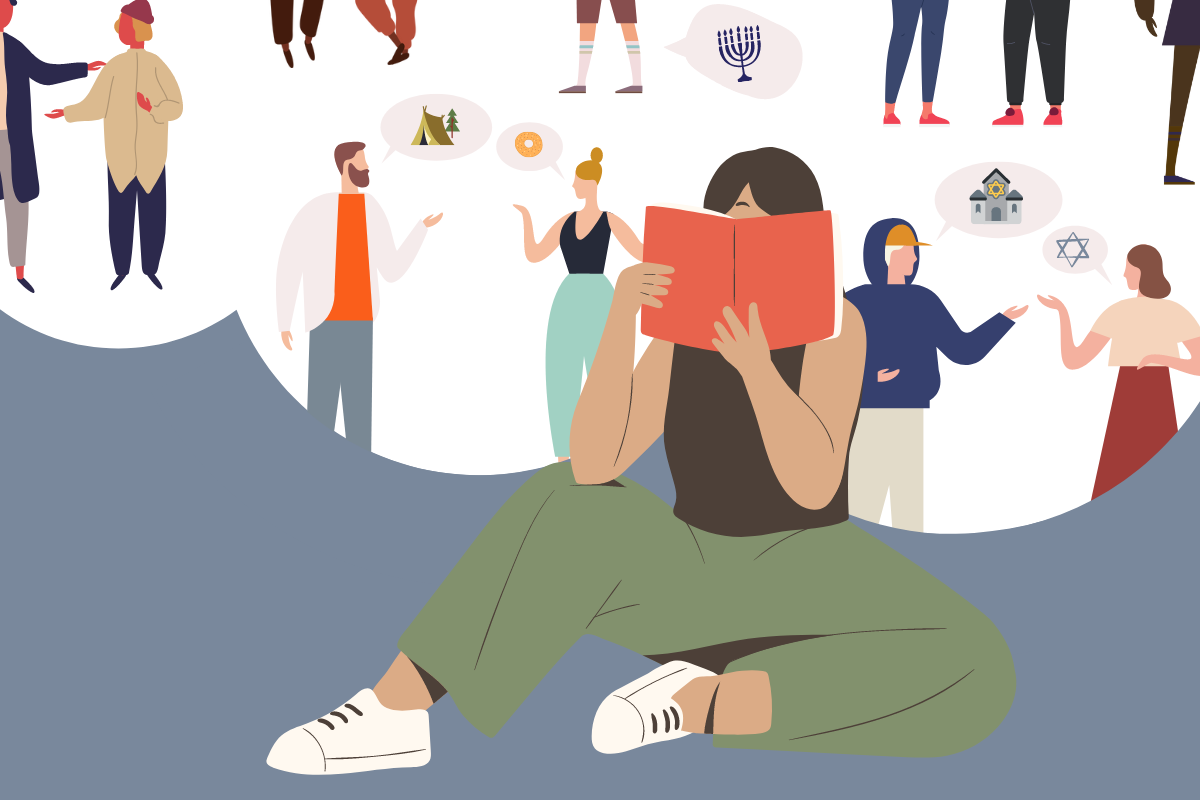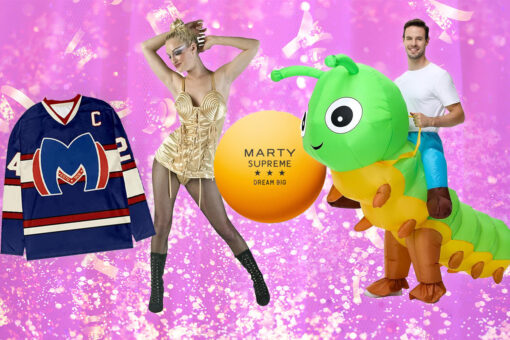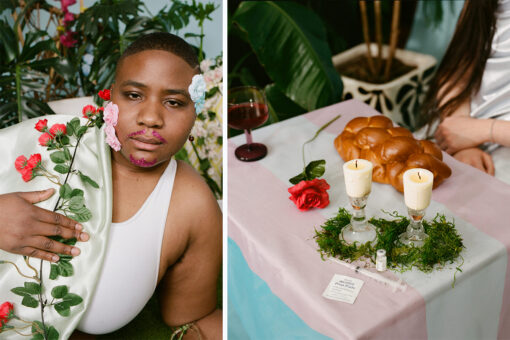When I released my first novel, a young adult thriller called “They Wish They Were Us,” in 2020, we were deep in the pandemic — like the barely-able-to-leave-your-home part of the pandemic — and it was nearly impossible to connect with readers in person. I was so disappointed that I would not be able to hear from and see the people I had spent so long thinking about, the readers.
But what has surprised me most since then is that, even online, I actually am able to connect with readers, usually over Instagram DM, and many of them say the same thing, a sentiment that surprised me when I first heard it: “I love how casually Jewish your characters are.”
It’s true. In all of my novels, including my most recent one “The Legacies,” at least one of my main characters is a young woman who just so happens to be Jewish, mostly in a casual sort of way. By that, I mean they go to sleepaway camp (sometimes the kind where rabbis lead services with acoustic guitars and wear tie-dyed tallit), eat matzah ball soup when they’re sick, and remember fretting over who would get a candle at their bat mitzvah. Their mother might participate in temple sisterhood, and they are always craving a bagel with whitefish or lox. Judaism is an intrinsic part of who they are. Their religion is mentioned a few times on the page in passing. But Judaism doesn’t ever come up in terms of the plot or tension. It doesn’t land the girls in trouble. It’s never used as a weapon.
Nothing would change about my book if these girls weren’t Jewish, so sometimes I wonder if it’s worth putting in these tiny details, the ones that may seem like they’re just for me. But then I remember the counter-argument: Why not?
Growing up as a Reform Jewish girl on Long Island who had a voracious appetite for books, I was obsessed with reading any story I could find that featured young Jewish women. I obviously fell in love with Judy Blume’s canon, especially when I found “Starring Sally J. Freedman As Herself,” which made me feel less weird for also thinking that Hitler might be walking free among us as a little old man. I was constantly seeking books that might expand my own worldview of what it meant to be young and curious… oh, and Jewish, too.
Oftentimes, this meant I was reading books about tough stuff — the Holocaust, antisemitism and persecution. Books like “Number the Stars” had me heartbroken, even though it was supposed to be the least sad Holocaust book. “Incantation” had me up way past my bedtime reading about the Spanish Inquisition. “Molly’s Pilgrim” had me asking my mom about the Yiddish words of her youth, and “The Return” had me trying to learn everything I could about the Jewish population of Ethiopian descent.
While these books had great meaning and powerful messages, they don’t make up the totality of what it means to experience girlhood from a Jewish perspective, especially in contemporary America. When I started writing fiction, I wanted to do just that.
And I’m not the only one. Now, there are so many wonderful authors who write for the young adult market and infuse Judaism into their stories, whether in a casual way like I do, or with more nuanced portrayals of what it means to be Jewish in modern times. We’ve got swoonworthy romances from authors like Rachel Lynn Solomon and Marisa Kanter, contemporary (and often hilarious) heart-clutchers from Dahlia Adler and Becky Albertalli, historical adventures from Jordyn Taylor, meaningful award-winners from Isaac Blum and so, so many more.
While there has always been Jewish representation in literature, it’s a joy and a privilege to be tagged in posts highlighting book critics’ picks for favorite Jewish YA thrillers, knowing that’s a specific niche that actually exists in the market and that I can contribute to it, even in a “casual” way.
We hear from librarians and teachers all the time that seeing themselves in literature can help boost kids’ self-esteem and self-worth. But increased representation, even when it’s small, can also help others imagine what it might be like to be different than how they are. I must assume that some of my readers don’t know very many Jewish people. Perhaps they have witnessed antisemitic speech or actions, or even engaged in them themselves, since antisemitic incidents reached a new high this year, according to the Anti-Defamation League.
It’s not that I think that reading my books might dissuade someone from thinking ill of an entire group of people, but writing Jewish details into my stories feels like a quiet act of rebellion, a way to root my characters as part of something bigger than themselves. And even though my Jewish characters aren’t perfect — they make terrible decisions, investigate murders, fight with their friends and kiss people they shouldn’t — they are still representative of what it means to be a teenage girl who just so happens to be Jewish.



